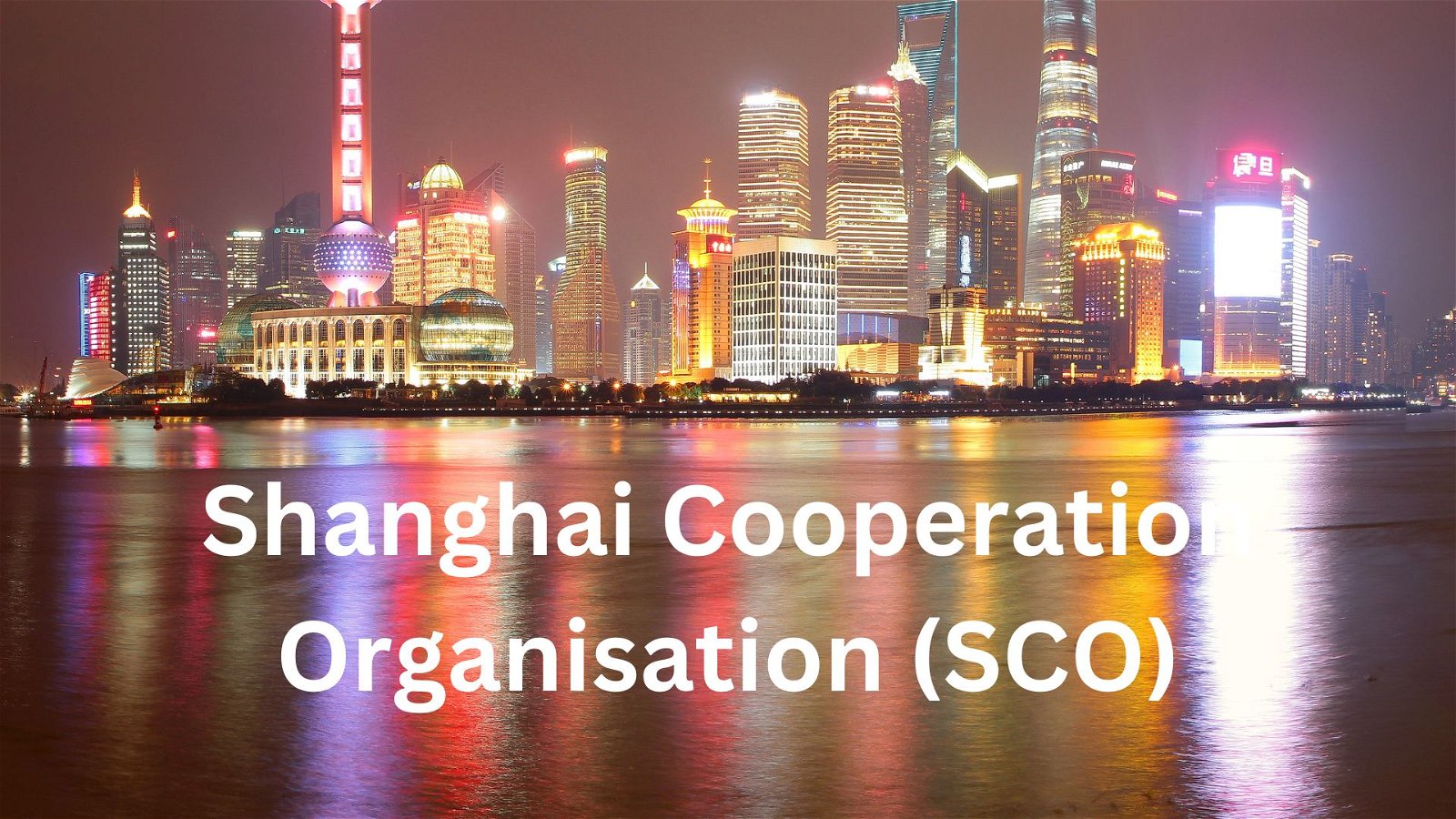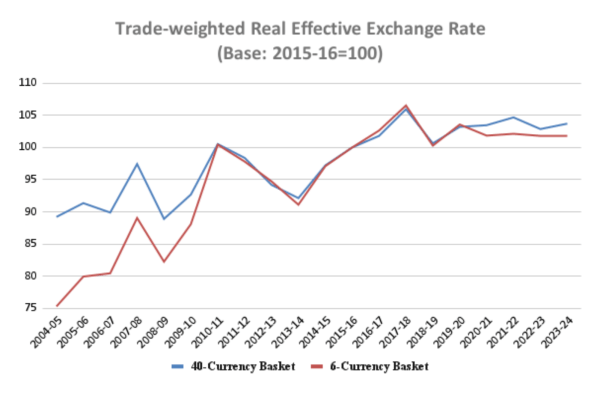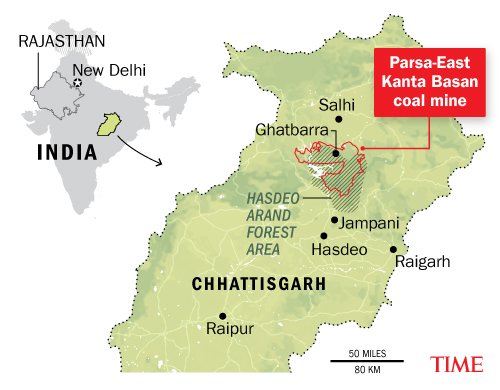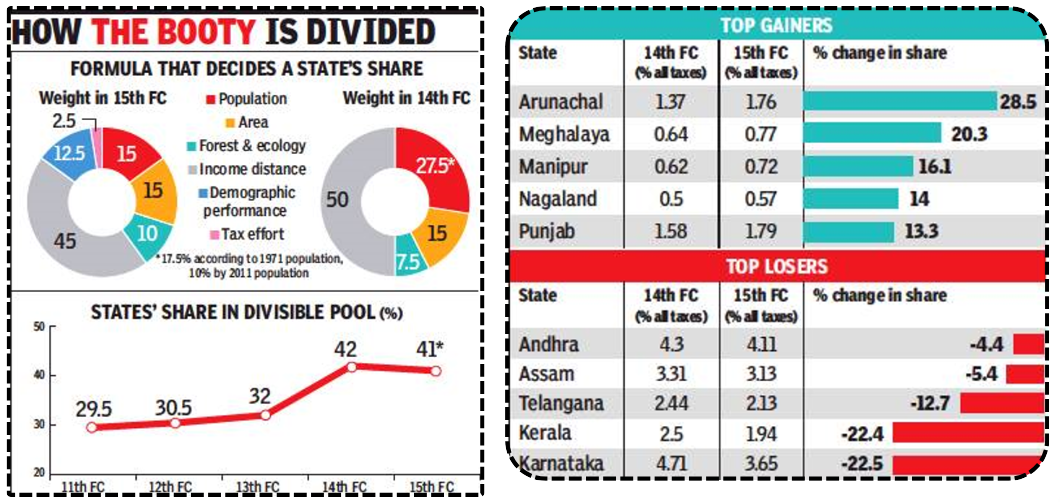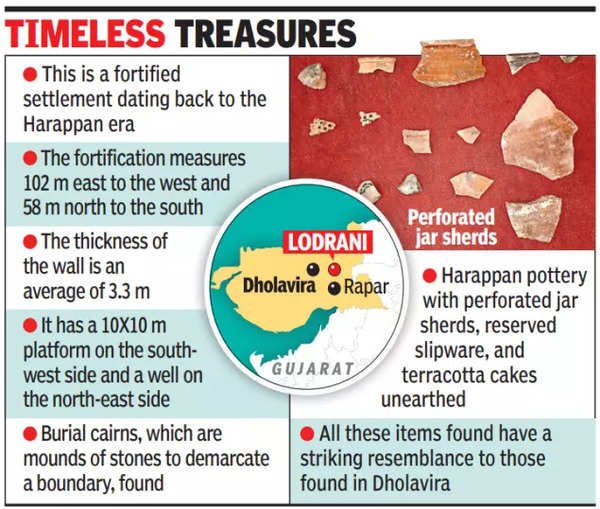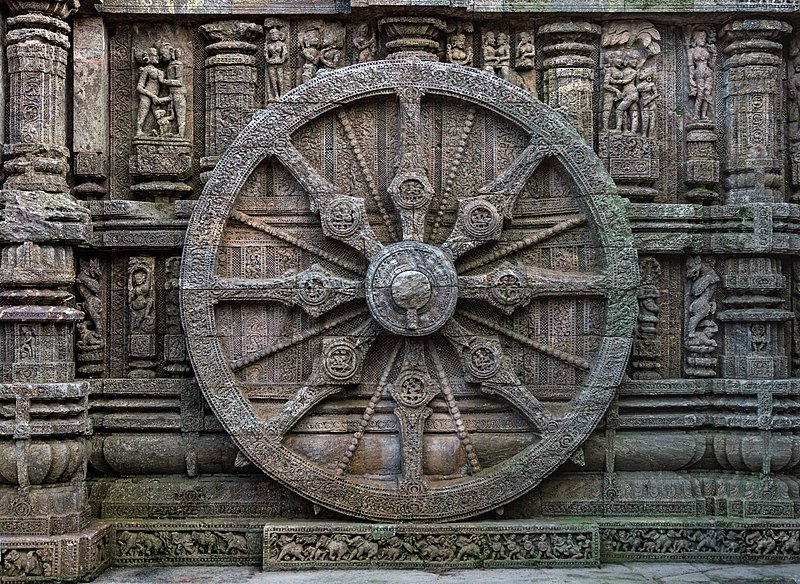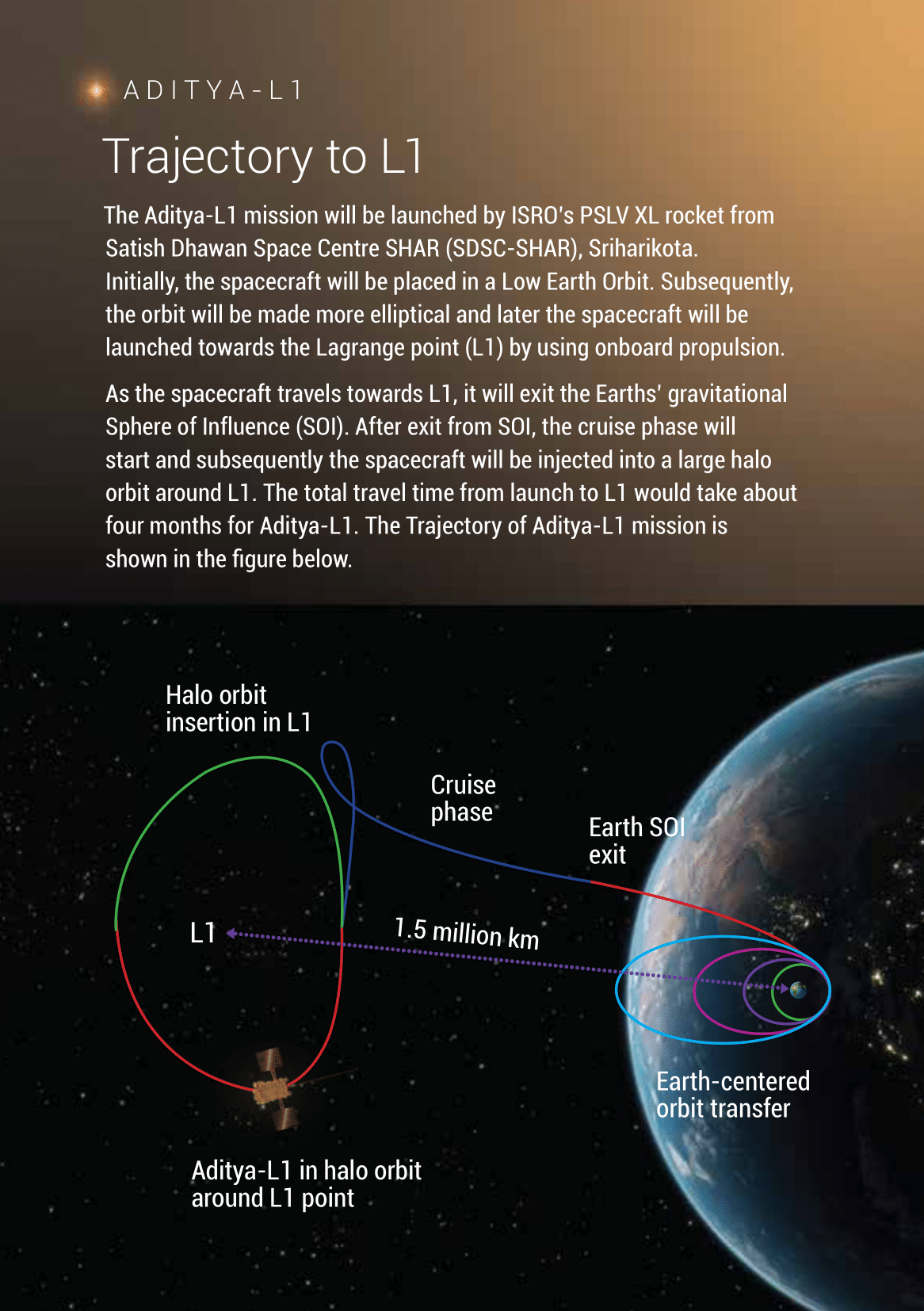
Current Affairs July 14, 2023: UN Human Rights Council Rights Council, Solomon Islands, CPGRAMS and MoPPGP, Criminalising consensual relationships
Subscribers of "Current Affairs" course can Download Daily Current Affairs in PDF/DOC
Subscribe to Never Miss an Important Update! Assured Discounts on New Products!
Must Join PMF IAS Telegram Channel & PMF IAS History Telegram Channel
{GS2 – IR – International Institutions – 2023/07/11} IMF
- Context (TH): Pakistan gets a lifeline from IMF with a new $3 billion bailout to help avoid default.
- International Monitory Fund (IMF) was formed in 1944 at the Bretton Woods Conference along with the World Bank. Hence, they are known as Bretton woods twins.
- India is a founder member of the IMF and World Bank.
- It has its headquarters in Washington, D.C.
- It helps the countries facing the Balance of Payment (BOP) crisis.
- IMF’s primary purpose is to ensure the stability of the international monetary system – the system of:
- Exchange rate
- International payments that enable countries to transact with each other.
- IMF works to:
- Foster global monetary cooperation
- Secure financial stability
- Facilitate international trade
- Promote high employment
- Sustainable economic growth
- Reduce poverty around the world.
Voting Power in IMF
- Voting power is based on the quota system. Each member has a number of basic no. of votes and one additional vote for each Special Drawing Rights (SDR) of 1,00,000 of member country’s quota.
- India is ranked 8th in IMF with a quota of 2.76% and 2.64% of total votes.
Important reports of IMF
- Global Financial Stability Report
- World Economic Outlook (WEO) Report
- Regional Economic Outlook Report
Special Drawing Rights (SDR)
- SDRs are supplementary foreign exchange reserve assets defined and maintained by the International Monetary Fund (IMF).
- SDRs were created in 1969 to supplement a shortfall of foreign exchange reserve assets (gold & dollars).
- SDRs are units of account for the IMF and not a currency. They denote a right to currency possessed by member countries of the IMF, allowing them to conduct exchanges.
- IMF allocates SDRs to countries and they cannot be held or used by private parties.
SDR Value
- The value of an SDR is based on a basket of five key international currencies reviewed by the IMF every five years:
- U.S. Dollar – 43.38%
- Euro – 29.31%
- Renminbi (Chinese Yuan) – 12.28%
- Japanese Yen – 7.59%
- British Pound Sterling – 7.44%
- The value of the SDR is determined daily based on market exchange rates.
- The SDR basket is reviewed every five years, or earlier if warranted.
SDR Allocation
- The allocation is distributed to member countries in proportion to their quota shares at the Fund.
- An allocation requires Board of Governors approval by an 85 percent majority of the total voting power of the members in the SDR Department.
- So far the Fund has been allocated for 5 times, including four general allocations and a one-time special allocation.
- The largest-ever allocation of about SDR 456 billion was approved on August 2, 2021, to address the long-term global need for reserves, and help countries cope with the impact of the COVID-19 pandemic.
SDR Interest rate
- It is the interest paid to members on their SDR holdings and charged on their SDR allocations.
- The interest rate on SDR is determined weekly.
IMF Lending Instruments

- IMF has several lending instruments to meet specific circumstances of its members.
General Resources Account
- IMF members have access to the General Resources Account on non-concessional terms (market-based interest rates).
Facilities
- EFF – Extended Fund Facility
- SBA – Stand By Arrangement
- RFI – Rapid Finance Instrument
- FCL – Flexible Credit Line
Extended Fund Facility (EFF)
- The Extended Fund Facility is lending facility of the IMF to help countries address medium and longer term balance of payments problems.
- It provides assistance to countries experiencing serious payment imbalances because of structural weakness or slow growth and an inherently weak balance of payments position.
The Stand-by Arrangement (SBA)
- It provides short-term financial assistance to countries facing balance of payments problems.
Poverty Reduction and Growth Trust (PRGT)
- IMF provides concessional financial support (currently at zero interest rates) through the Poverty Reduction and Growth Trust, for low-income countries.
Facilities
- SCF – Standby credit facility
- ECF – Extended credit facility
- RCF – Rapid credit facility
Resilience and Sustainability Trust
- Resilience and Sustainability Trust offers longer-term financing to low-income and vulnerable middle-income countries seeking to build resilience to external shocks at affordable interest rates.
Facilities
- RSF – Resilience and Sustainability Facility
{GS2 – IR – International Institutions – 2023/07/13} UN Human Rights Council
- Context (TH): United Nations Human Rights Council (UNHRC) adopted the draft resolution by Pakistan that condemns acts of desecration of the Holy Koran. India voted in favour of the resolution.
- UNHRC is an intergovernmental body within the United Nations system.
- It is responsible for the promotion and protection of all human rights around the globe.
- It has its headquarters in Geneva, Switzerland.
Membership
- UNHRC has 47 members elected for three-year terms on a regional group basis.
- Member States are elected by the majority of members of the UN General Assembly through a direct and secret ballot.
- Members not eligible for immediate re-election after serving two consecutive terms.
- The Council’s Membership is based on equitable geographical distribution.
- Seats are distributed as follows:
- African States: 13 seats
- Asia-Pacific States: 13 seats
- Latin American and Caribbean States: 8 seats
- Western European and other States: 7 seats
- Eastern European States: 6 seats
{GS2 – MoPPGP – 2023/07/01} CPGRAMS and MoPPGP
- Context (PIB I PIB): The Department of Administrative Reforms and Public Grievances (DARPG) released the monthly report on the CPGRAMS.
- The report does an analysis of types and categories of public grievances and the nature of disposal.
Centralised Public Grievance Redress and Monitoring System (CPGRAMS)
- CPGRAMS is an online platform created in 2007 by DARPG. PM is its the supreme head.
- CPGRAMS is available to the citizens 24×7 to lodge their grievances to the public authorities.
- It is a single portal connected to all the Ministries/Departments of Government of India and States.
- It is also accessible as a standalone mobile app and mobile app integrated with UMANG.
- The status of the grievance filed in CPGRAMS can be tracked by the petitioner.
- The petitioner can reappeal if he/she is not satisfied with the resolution by the Grievance Officer.
Ministry of Personnel, Public Grievances and Pensions (MoPPGP)
- MoPPGP is concerned with the process of responsive people-oriented administration.
- Usually, though not always, the PM heads the ministry, with a state minister reporting to him.
History of MoPPGP and DARPG
- In 1954, on the recommendation of Paul H. Appleby report, an Organisation and Methods (O&M) Division was set up in the Cabinet Secretariat.
- In 1964, the O&M Division was transferred to the Ministry of Home Affairs, under the newly created Department of Administrative Reforms.
- In 1970, on the basis of the recommendations of the Administrative Reforms Commission (ARC), the Department of Personnel was set up in the Cabinet Secretariat.
- In 1973, it was merged with Department of Administrative Reforms to form a Department of Personnel and Administrative Reforms in the Cabinet Secretariat.
- In 1985, a full-fledged ministry was created under the name Ministry of Personnel, Public Grievances, and Pensions (MoPPGP) with three separate departments under it:
- Department of Personnel and Training (includes recruitment of officers through UPSC/SPSC)
- Department of Administrative Reforms and Public Grievances (DARPG)
- Department of Pensions and Pensioners Welfare
[UPSC Prelims 2021] With reference to the Union Govt, consider the following statements:
Which of the statements given above is/are correct?
ExplanationGopalaswami Ayyangar Committee
Department of Personnel and Training (DoPT)
Answer: b) 2 only |
{GS2 – MoRTH – 2023/07/12} Safety: Air-Conditioning in Vehicle Cabins
- Context (PIB): From January 1, 2025, all vehicles in categories N2 and N3 will be required to have air-conditioning systems installed in their cabins, according to a new Draft regulation by the Ministry of Road Transport and Highways (MoRTH).
- Truck drivers play a crucial role in road safety, and they are forced to work in heat-stress conditions.
- AC cabins provide comfortable working conditions, thereby reducing fatigue and improving road safety.
Category N: Used for the carriage of goods (trucks)
- Category N1: having a maximum mass not exceeding 3.5 tonnes
- Category N2: having a maximum mass exceeding 3.5 tonnes but not exceeding 12 tonnes
- Category N3: having a maximum mass exceeding 12 tonnes
{GS2 – POSCO – 2023/07/11} Criminalising consensual relationships
- Context (TH I IE): The Madras HC has ruled that if it determines that criminal cases against minor boys involved in consensual relationships or elopement with underage girls would negatively impact the well-being and future of the children involved, then the cases will be quashed (dismissed).
|
Protection of Children from Sexual Offences Act
- POCSO Act is the first comprehensive law in India dealing specifically with sexual abuse of children. It seeks to protect children from sexual assault, sexual harassment and pornography.
- The Act, for the first time, defines penetrative sexual assault, sexual assault, & sexual harassment.
- It also includes penalties for storing pornographic material and abetment of an offence.
- The Act defines certain actions as “aggravated penetrative sexual assault”. These include:
- The cases when the offender is a police officer, armed forces member, or public servant.
- The cases where the offender is a relative of the child.
- If the assault injures the sexual organs of the child or the child becomes pregnant, etc.
- It criminalises all sexual activities for those under the age of 18, even if consent was factually present between two minors.
- Each district shall designate a Sessions Court to be a Special Court. The state government shall establish it in consultation with the Chief Justice of the HC.
- A POSCO case must be disposed of within a year from the date the offence is reported.
- It empowers the National Commission for Protection of Child Rights and the State Commission for Protection of Child Rights to monitor the implementation of the provisions of this Act.
- If a child has committed an offence under POSCO, it shall be dealt with under the Juvenile Justice (Care and Protection of Children) Act, 2015.
POCSO (Amendment) Act, 2019
- The amendment has enhanced punishment under various sections of the Act, including the death penalty for aggravated sexual assault on children.
- It defines child pornography and makes it punishable.
- The act added two more grounds to the definition of aggravated penetrative sexual assault:
- Assault resulting in the death of the child.
- Assault committed during a natural calamity.
POCSO and MTP
- A registered medical practitioner (RMP) is obliged under Section 19(1) of the POCSO Act to report to the police when a minor approaches him/her for an abortion.
- This mandatory reporting requirement forced girls to resort to unsafe abortions.
- SC’s 2022 judgment exempted RMPs from disclosing to the police the identity of minors who have come in for an abortion, only on request of the minor and the guardian.
- This was done to enable minors to approach an RMP for abortion without fearing exposure.
POCSO Act and Consent
- Under the POCSO act, the consent of a child is immaterial.
- Consensual sexual intercourse with or among adolescents is treated on par with rape.
Demand for changing the age of consent
- With the enactment of POCSO, several young couples in consensual and non-exploitative relationships have found themselves embroiled in the criminal justice system.
- Chief Justice of India (CJI) D.Y. Chandrachud appealed to the government to relook at the issue of the age of consent under the POCSO Act.
- Madras High Court recommended that the age of consent be revised to sixteen.
United Nations Convention on the Rights of the Child (UNCRC)
National Commission for Protection of Child Rights (NCPCR)
Composition
|
Concerns surrounding the criminalization of consensual relationships among minors
- According to a study, 25% of POCSO cases involve individuals in romantic relationships.
- The unintended consequence has been the criminal prosecution of young individuals.
- Additionally, the law is employed by parents of teenage girls to protect family honor.
- It has an adverse impact on the adolescents’ development, education, employment, self-esteem, social reputation, and family life.
- The law portrays adolescent girls as victims, leaving them without a voice, while adolescent boys are automatically considered minors in conflict with the law and may even face adult trials.
- The broad criminalization of consensual sexual acts among adolescents demonstrates a significant disregard for their sexual development, bodily autonomy, and personal integrity. It infringes upon their rights to life, privacy, and dignity.
Arguments in support of decriminalization of consensual relationships between adolescents
- There are abnormally high acquittal rates of 93.8% in cases related to consensual relationships.
- In Vijayalakshmi vs State (2021), the Madras HC cited evidence that “adolescent romance is an important developmental marker for adolescents’ self-identity, functioning and capacity for intimacy”.
- The UN Committee on the Rights of the Child recommended that states should avoid criminalizing adolescents of similar ages for factually consensual and non-exploitative sexual activity.
{GS3 – IE – Banking – 2023/07/13} NABARD
- Context (PIB): NABARD celebrated its 42nd foundation day.
- National Bank for Agriculture and Rural Development (NABARD) is a development bank focussing primarily on the rural sector of the country.
- It is a statutory body established in 1982 under NABARD Act, 1981.
- Its headquarters is located in Mumbai, the country’s financial capital.
- NABARD is the apex banking institution to provide finance for Agriculture and rural development.
- It is responsible for the development of small industries, cottage industries, and any other such village or rural projects.
- It has three main functions:
- The financial function includes providing refinance to banks and financial institutions for lending to farmers and rural people.
- The developmental function includes promoting agricultural and rural development, providing technical assistance to rural institutions, and supporting programs for rural development.
- The supervisory function includes monitoring the performance of banks and financial institutions that lend to the rural sector.

{GS3 – IE – Banking – 2023/07/13} UPI QR codes for CBDC transactions
- Context (MINT): RBI announced that customers will soon be able to use QR codes of the UPI network for transactions using digital currency.
- The interoperability of QR codes will allow payments from both CBDC and traditional currencies.
- The interoperability of QR codes and the launch of the Digital Rupee are still in the early stages of development. However, they have the potential to revolutionize the way we make payments in India.
Digital Rupee
- The Digital Rupee is a digital form of the Indian rupee, issued by the Reserve Bank of India (RBI).
- It is a central bank digital currency (CBDC), which means that it is a digital version of fiat currency that is issued and regulated by a central bank.
Merits of CBDC
- More efficient and secure payments
- Easier for people to make payments
- Promotes financial inclusion
- Can help to reduce the use of cash
Demerits of CBDC
- Increased risk of cybercrime
- Increased surveillance by the government
- Could lead to job losses in the banking sector
- Could have negative environmental impacts (e.g., energy consumption)
{Prelims – World PIN – Oceania – 2023/07/11} Solomon Islands
- Context (TH): Solomon Islands and China have pledged to deepen their relations, causing apprehension in Washington and Australia regarding China’s growing influence in the South Pacific.
- The Solomon Islands is a nation in Melanesia, east of Papua New Guinea, comprising ~990 islands.
- Its capital is Honiara, located on the island of Guadalcanal.
- The island is a constitutional monarchy, with the British monarch, represented by a governor-general, serving as the formal head of state.
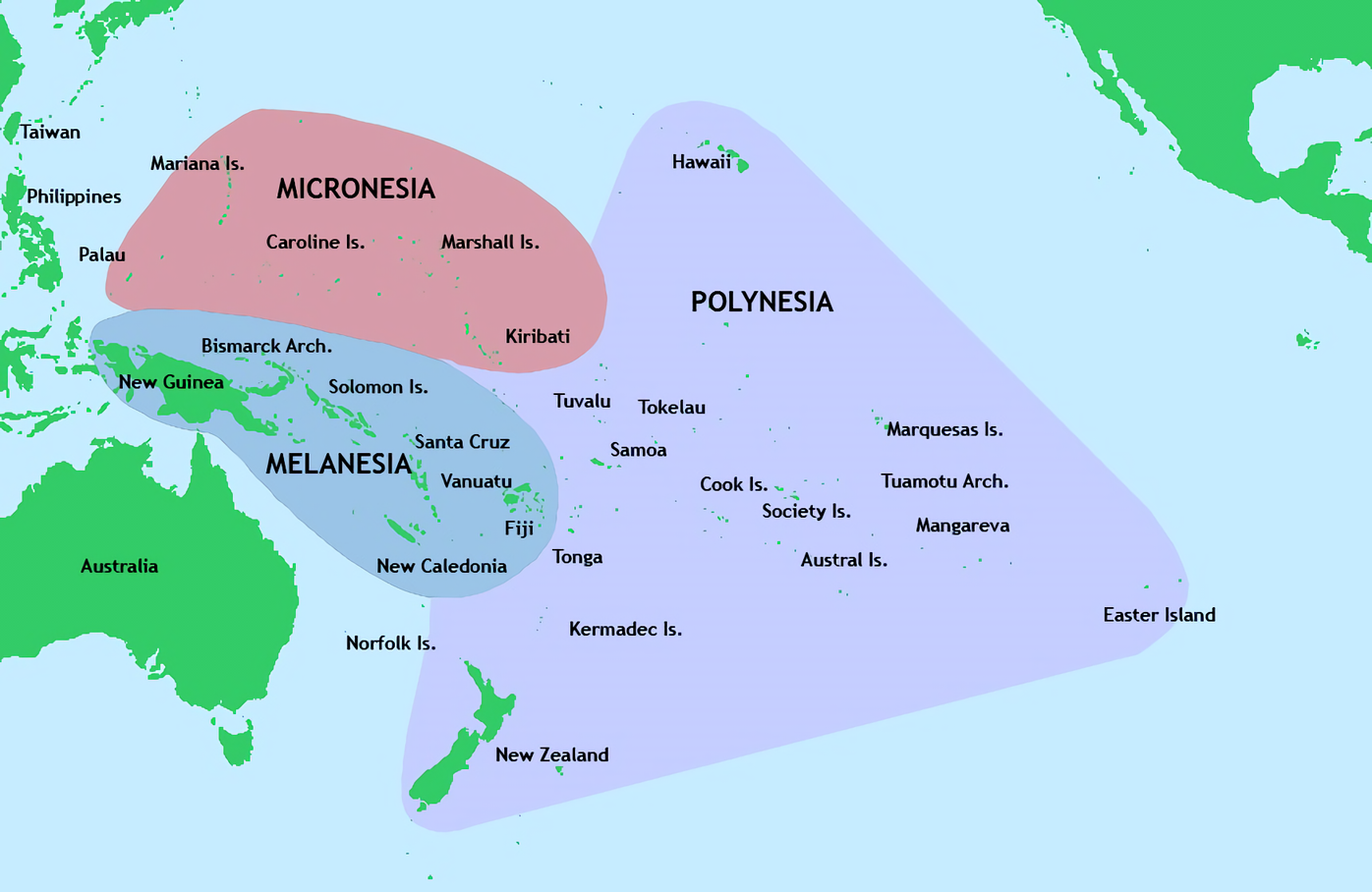






![PMF IAS Environment for UPSC 2022-23 [paperback] PMF IAS [Nov 30, 2021]…](https://pmfias.b-cdn.net/wp-content/uploads/2024/04/pmfiasenvironmentforupsc2022-23paperbackpmfiasnov302021.jpg)
